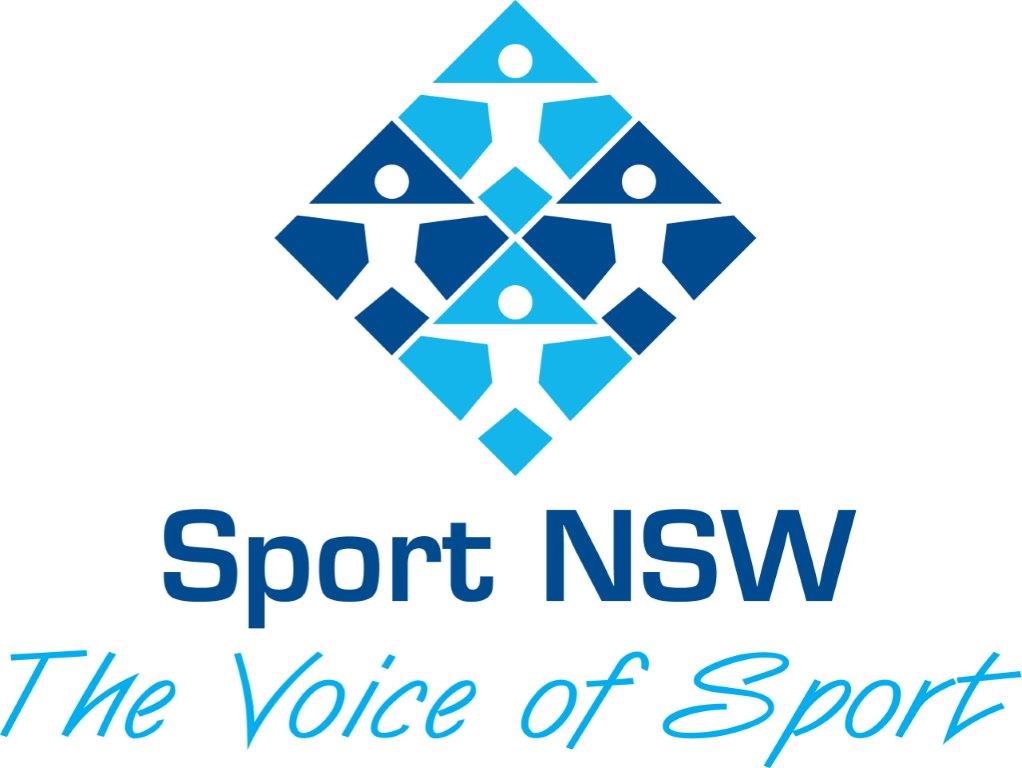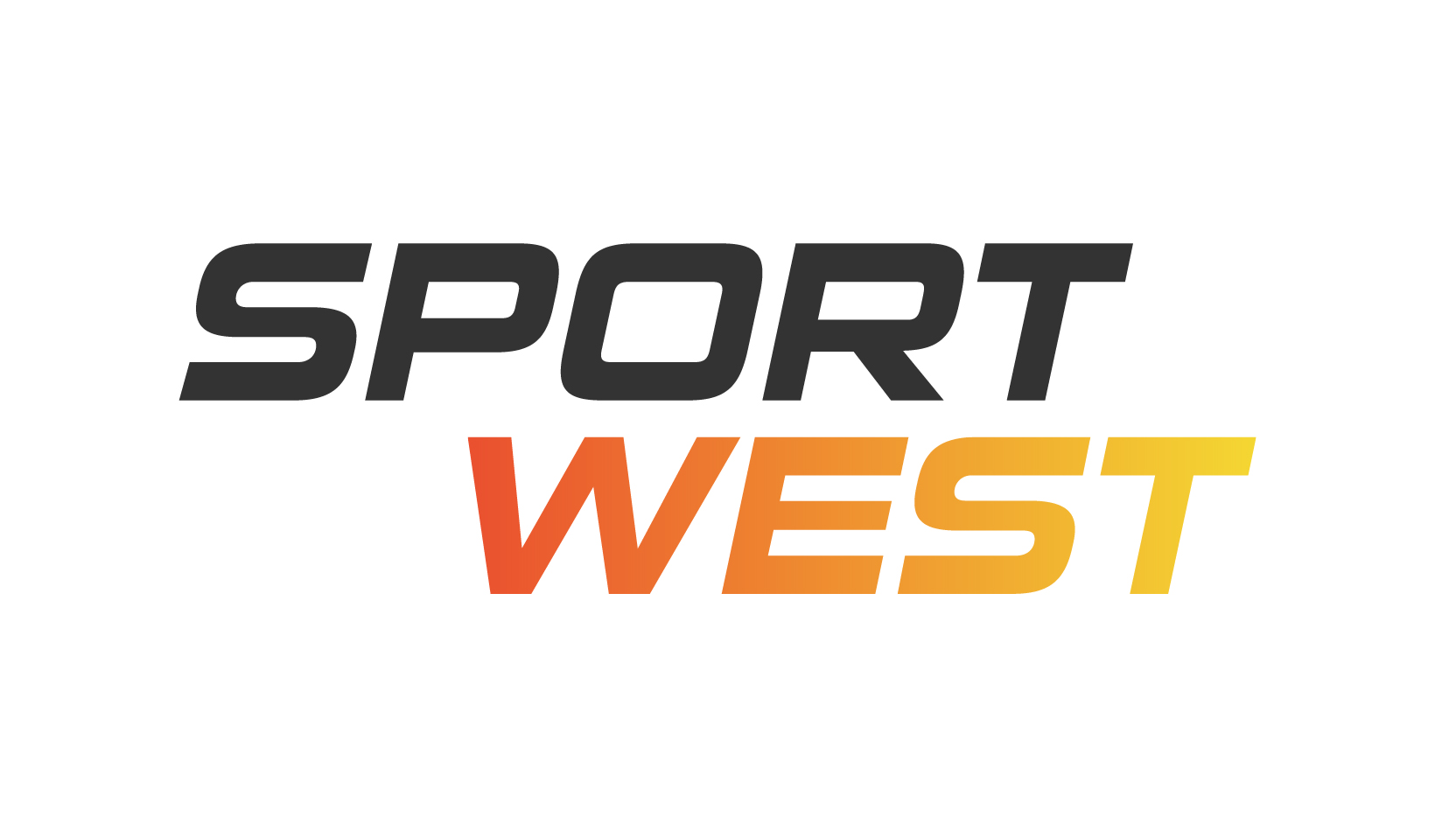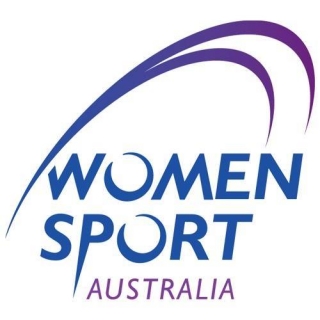Tips moving forward following selection of shortlist
Thank you for the opportunity to assist you with the Sportspeople Recruitment Express Service. Now that the Shortlist Group has been agreed upon you will be responsible for the process moving forward. It is best to manage this process within a two week timeframe if possible.
Below are some tips on how best to manage the remainder of this recruitment process.
Scheduling Interviews:
- Sportspeople Recruitment will now e-mail the progressing candidate group advising that they have been selected for shortlist interview and that Sportspeople Recruitment’s involvement in the process has come to an end. Your contact details will be provided as the point of contact moving forward. Sportspeople Recruitment will CC you in on these e-mails to the candidates.
- You are responsible for the timely management of the Shortlist Candidates including arranging the Shortlist Interviews and all subsequent arrangements for interview and post-interview.
- It is recommended you keep in regular touch with the Shortlist Group. Importantly, please keep the Shortlist Group informed of your recruitment timelines so they remain “engaged” with your process.
- Unless otherwise communicated with the candidates during the screening process, it is recommended that you schedule your shortlist interviews as soon as possible with an interview date within one to two weeks.
Shortlist Interviews:
- If possible, ensure there is a representative from each gender on the Selection Panel, especially if there is a gender diverse candidate group. It is also important that there are no conflicts of interest between Selection Panel members and any shortlist candidates.
- Depending on the availability of your Selection Panel and the location of these candidates, you can run these shortlist interviews over one day or maybe split it over two, as required.
- It is best to schedule your interviews over a 90 minute rotation. That might sound like a lot of time for an interview, however having more time is a more preferable option to having insufficient time.
- If the Selection Panel convened at say 9:00am you’ll get through 5 interviews comfortably allowing for refreshments breaks and so on:
9:00am Panel Convened
9:30am Interview #1
11:00am Interview #2
Lunch Break
1:00pm Interview #3
2:30pm Interview #4
4:00pm Interview #5
Finish approx. 5:30pm-6:00pm - The above schedule allows for meaningful discussion, following a set Interview Protocol (refer to the Sample Interview Protocol and Questions here), and debate on each candidate after their interview. This also has structured breaks to ensure the Panel remains fresh through the day and allowed time for any technical set up (as required).
- You may also like to consider Zoom/Teams/Skype interviews for international or interstate candidates as an alternative to flying them in for the first round of interviews. Importantly, you will need to ensure that Skype or phone interviews follow the same process and interview protocol to give the candidate the best opportunity to perform and give you a fair assessment against the other candidates.
- Please note the Salary and Notice Period information in the Sportspeople Recruitment Application Form is current as at the time of discussing the role with each candidate. However, you will need to re-qualify each candidate as they progress further in this process.
- Depending on the outcome of these interviews, the Selection Panel may schedule additional interviews with a smaller, progressing group.
Referee checks:
- It is recommended that you complete referee checks for progressing candidates within a day or two after you have interviewed them. You may want to complete these prior to second interview.
- Do not contact any referees prior to consent given by the candidate.
- Tailor your questions to suit the key responsibilities for your position, and ask how they feel the candidate would do in a role such as yours. If you had any concerns about the candidate during the interview process, the referee can help address these.
- As the sport, fitness and aquatic sector can be a very ‘small world’, you may have contacts who know or have worked with the candidates. As part of your process, you are able to have informal conversations with your contacts as part of the background checking for these candidates. The only caveats we would add are: 1. The background checking is done in a confidential manner and does not compromise the current employment of the candidate; and 2. The comments made by others are balanced and if negative, can be substantiated. This is particularly important as too often we find individuals are quick to pass comment on a candidate based on third hand knowledge or heresay. It is important when you hear a negative comment you have the opportunity to check whether this can be substantiated or whether it was a valid, once-off (e.g. disagreement on a particular policy matter).
- Do not pass on any referee comments either positive or negative back to a candidate, especially if you do not appoint the candidate as this may impact their professional relationship with the referee.
Employment Agreement:
- It is important to have a draft employment agreement prepared early in the recruitment process so as to not delay the process at the offer stage.
- Depending on the seniority of the role and the number of candidates progressing to the Second Interview stage, you may wish to provide a draft employment agreement prior to conducting the Second Interview. Make it clear that it is not yet a formal offer and is a reference for the candidates only.
Stay in contact:
- Keep candidates notified of the process moving forward, confirm appointments and advise them if there is any hold up in the process.
- If you decide to keep a candidate as a backup, in case your first preference not be appointed, ensure to keep in contact with them to maintain their interest in the position.
Second Interviews:
- The second interview should not be a repeat of the first. You and the candidate(s) have had time to reflect on the opportunity since the first interview and this is your opportunity to clarify any questions or concerns that may have arisen post-interview. Lead off the interview with a question such as “So, if you had the opportunity to do the first interview again, is there anything you'd change?”
- For more senior positions, you may wish to consider a pre-prepared presentation question to be included in the second interview. This should not take more than 10 minutes and can be supported with handouts. We suggest you avoid the use of AV or technology in these presentations as it often causes added stress or complications, and it is their verbal skills you are testing not the ability of a designer to create an exciting AV presentation (unless of course the position’s responsibilities include creating AV presentations!)
- Ensure you leave sufficient time for the candidate to ask questions. If they have seen a draft employment agreement you may want to ask if they want to discuss anything in the document.
- Reconfirm the candidate’s salary expectations and interest in the position.
- You may want to finish with a question such as “If the Selection Panel was to decide today to appoint you are there any barriers or issues that would stop you from accepting?”
- Refer to the “Do's and Don'ts for Conducting Interviews” article here for more interview tips.
Pre-Employment Assessments:
- Pre-employment assessments make the selection process highly objective, meaning you can be confident that you've found the best person for the role. These simple yet effective assessment tools will give you added confidence all possible steps have been taken to investigate your candidates before you offer them employment. You'll also be able to enjoy the post-placement value that comes with knowing the candidate’s innate behavioural styles and attitudes.
- Sportspeople Recruitment can assist with the set up of online testing platforms. We recommend that each candidate undertake both a Cognitive Ability and Behavioural Profile pre-employment assessment. Please contact Sportspeople Recruitment for a quote.
Negotiating the offer:
- If you have reconfirmed the candidate’s salary expectations along the way then hopefully this may not be a point of contention when making the final offer.
- If you feel your preferred candidate may be wavering, or has been given a ‘counter offer’ from their current employer, talk openly about what hesitations they may have and work together on how you may overcome them.
- Remind the candidate of what they told you was the reason they were inspired to apply for the position in the first place - it is rarely ever money.
- If necessary, it may be worth looking at your budget and what you can realistically afford to pay the position. An extra $5-10K may save you thousands more in the long run with the right candidate happy in the role.
Advising Unsuccessful Candidates:
- Consistent with our Candidate Management System, Sportspeople Recruitment will now advise those candidates not progressing further in the process.
- It is recommended that you advise your unsuccessful candidates as soon as possible after a decision has been made.
- Advise your unsuccessful candidates with a phone call, but do not leave them hanging. Open with something such as “I’m not calling with good news I’m afraid”.
- Provide the candidates with honest feedback as to where they were lacking and what you feel they can do to improve their chances of securing a similar role in the future.
- Ensure you thank the candidate for taking the time to apply and for their interest in the role.
- You may wish to follow your phone call up with an e-mail.





